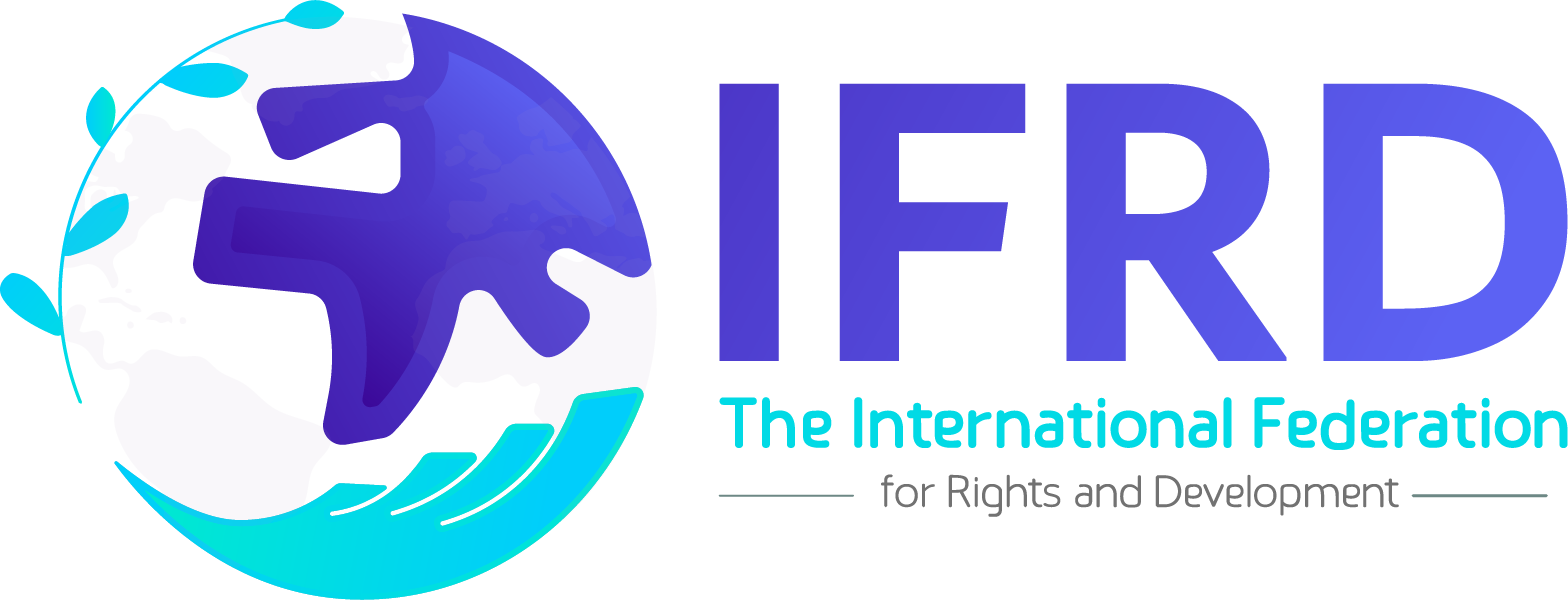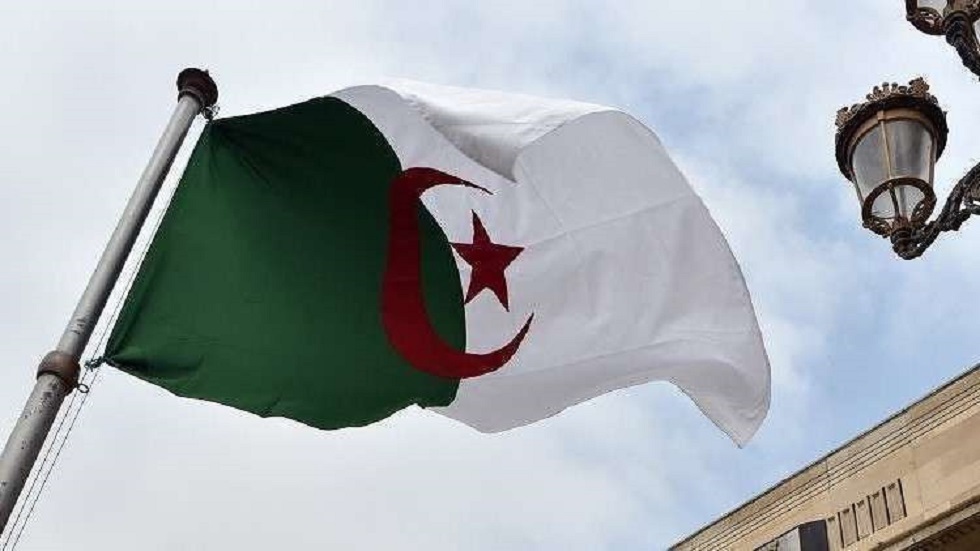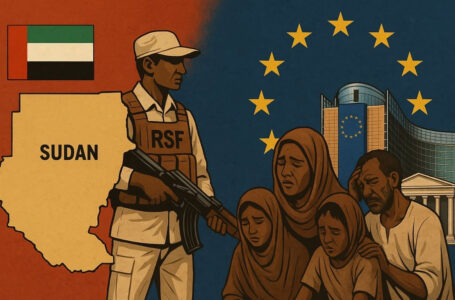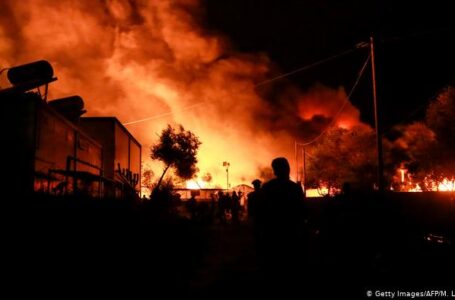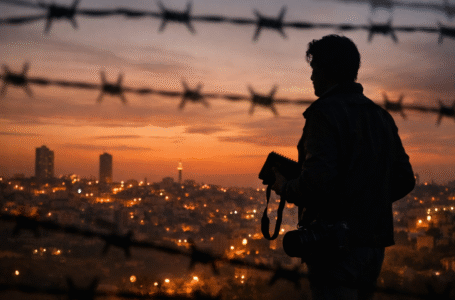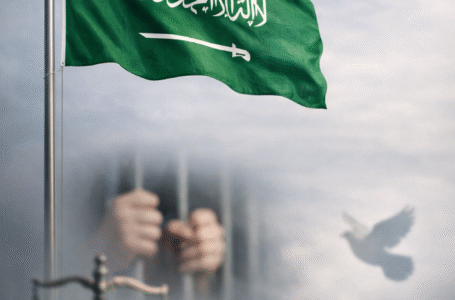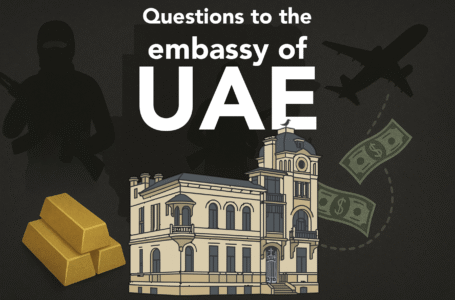Rome – The International Federation for Rights and Development (IFRD) views with a grave danger that the authorities in Algeria are stepping up the suppression of public freedoms and targeting journalists and bloggers against the background of their general views to strengthen the security grip in a clear violation of international law and related agreements.
The International Federation condemns in the strongest terms the verdict on the activist Suhaib Dabaghi, “to a year in prison in the Chaga Court (in Algiers) for accusations of inciting gathering, insulting a regular organization, and infringing on the interests of the homeland through Facebook posts.” Suhaib Dabaghi was arrested and tried on the same day, under the immediate appearance procedure, which is an urgent judicial procedure that cancels the investigation stage.
Simultaneously, a court in Bayid Sidis El-Sheikh (670 km southwest of Algeria) sentenced the “Arab Taher” and “Mohamed Youssef Boudiaf” activists to imprisonment for 18 months.
Last Wednesday, the Public Prosecution Office requested a nine-year prison sentence against activist Hisham Sahraoui Al-Mahbous since February 24, after his trial in Ain Temouchent Court in the west of the country, on charges including “insulting the President of the Republic.” The verdict is expected on May 27.
Several activists have been persecuted for their social media posts since the start of the protest movement on February 22, 2019.
These prosecutions against dissidents, journalists, and the media did not stop, even after the movement suspended all its activities in mid-March after imposing quarantine measures and preventing political, cultural, sports, and religious gatherings.
The International Federation indicates that these rulings on the background of opinion were issued after a government campaign affected news websites that have been suspended and blocked. Some of them because of its editorial line, its opposition to the decisions and directions of the authority, or its support for the demands of the popular movement.
A few days ago, the Algerian authorities blocked the “Lavan Garde Algheri” news website as part of the policy of muzzling voices and arbitrariness against the freedom of the press.
A day earlier, the “Al-Manshar” website, a satirical and relying on tampering irony in describing events, announced its suspension after five years of work, due to pressure exerted by the authority against independent sites.
The site “Le Matin” (Al-Sabah) joined the list of banned sites, as the website administration announced that access to it was banned in Algeria for several days due to censorship, and attributed it to the site’s positions and media treatment, and to its refusal to support authority options.
These blocking decisions were preceded by the authorities blocking the “Everything about Algeria” website several times, and the “Morocco Emergence” and “Radio M” appended it.
The authorities said that this was due to foreign funding, and the site’s director and the radio, Qadi Ehsan, “attacked” the President of the Republic, Abdul Majeed Tabun. It later blocked the “Interlink” website for the same reason, despite the Minister of Communication, Ammar Belhimer, claiming that the latter site “concealed itself,” and the authorities did not make a decision to block it.
International Federation affirms that the arbitrary arrest and trial of journalists and bloggers without legal grounds. In addition to blocking media sites, violates international human rights law and the right to freedom of expression.
The Algerian authorities are demanding an end to arbitrary trials that aim to silence activists and journalists of the movement and to release prisoners of conscience in the country immediately, especially given the dangers of the spread of Coronavirus in prisons and places of detention.
It stresses that these repressive practices represent a setback to the promises and obligations made by President Abdul Majeed Tabun regarding freedom of the press, as well as raises fears of a hidden government desire to take revenge on journalists for their professional work.
